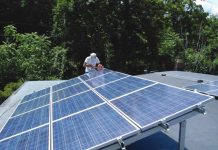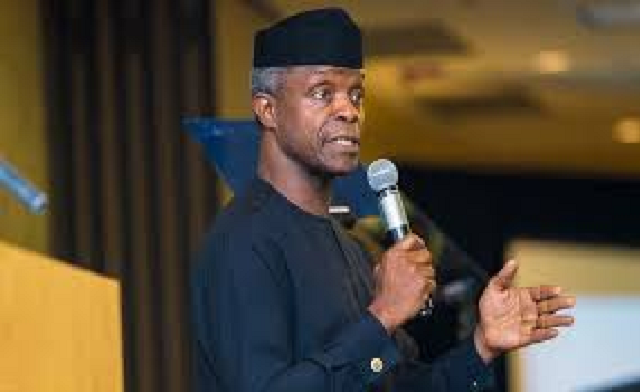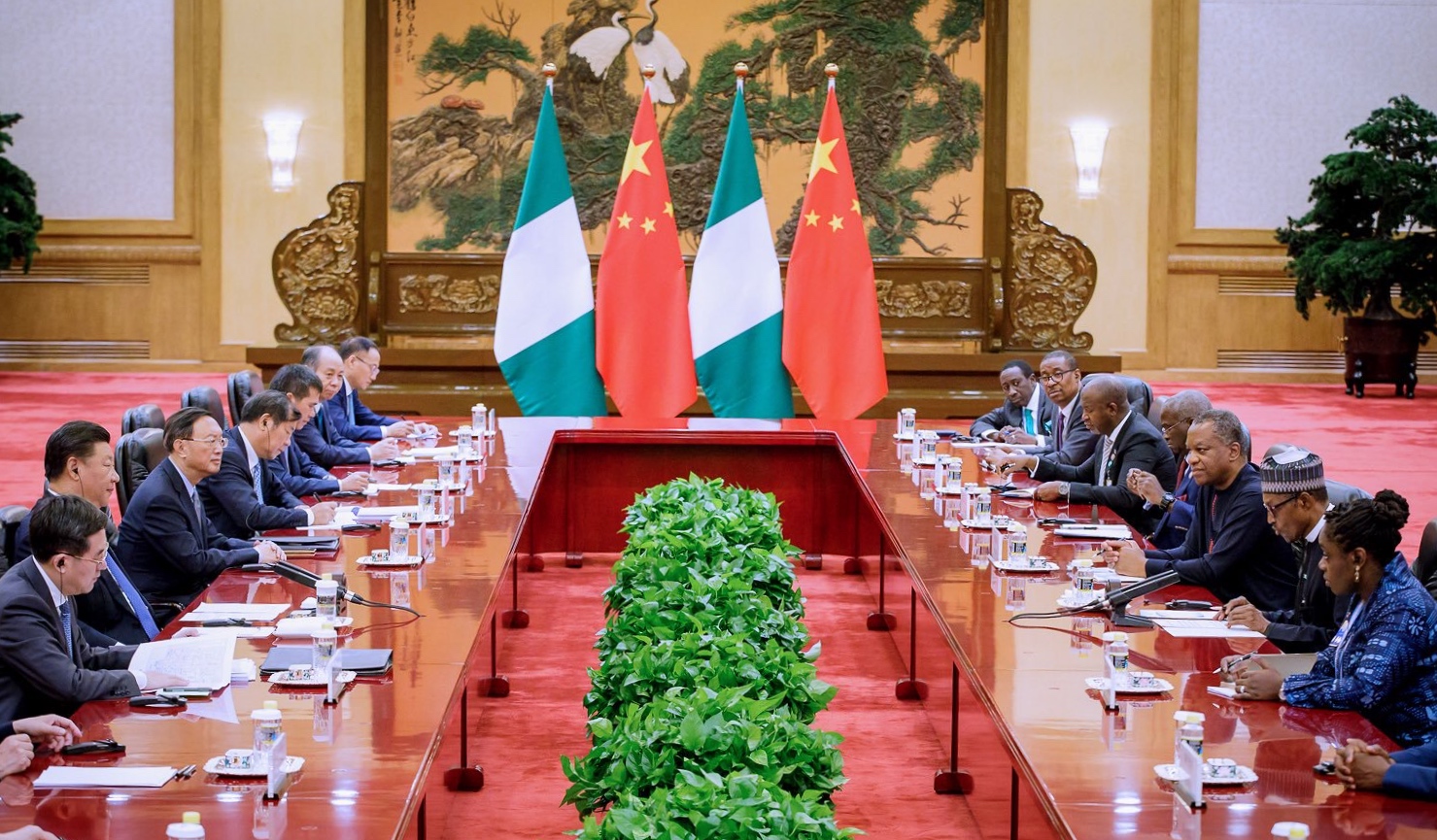Vice President Yemi Osinbajo, yesterday, joined forces with millions of Nigerians to support subsidy removal, saying with 60 percent reduction in the federal government revenue base, the country can no longer sustain the fuel subsidy regime. A statement by the Senior Special Assistant to the President on Media and Publicity, Office of the Vice President, Laolu Akande, quoted Osinbajo as making the remark at a virtual interactive forum in Abuja at the weekend.
However, as part of efforts to offer Nigerians an effective option to petrol, Osinbajo said the federal government would focus on developing Compressed Natural Gas, otherwise known as auto gas, which is priced significantly lower than petrol.
The federal government, also yesterday, through the Head of Service of the Federation, Folasade Yemi-Esan, asked civil servants to shun the industrial action being planned by the Nigeria Labour Congress (NLC) and Trade Union Congress (TUC). It warned all federal civil servants on Salary Grade Level 12 and above, as well as those on essential services, to report to work on Monday, despite the industrial action declared by labour unions. Yemi-Esan reminded the workers of the subsisting court injunction against the strike, in a circular dated September 25, 2020.
In a related development, governors of the 36 states of the federation, under the aegis of the Nigeria Governors Forum (NGF), and the leaderships of NLC and TUC, yesterday, said they were moving towards an agreement to avert the proposed nationwide industrial strike called by NLC and TUC to protest the increase in the price of Premium Motor Spirit (PMS) and the electricity tariff.
Answering a participant’s question on the removal of petrol subsidy, the vice president said, “We have experienced a severe downturn in our finances over the years, so at 60 per cent less revenue, we are in a position where sustaining fuel subsidies is practically impossible simply, because we do not have the resources.”
In the alternative, Osinbajo said, “What we have decided to do is to focus on Compressed Natural Gas (CNG), which is about half the price of petrol today. So, if we use CNG for our cars and for our buses, it will cost between N78 and N80 or so per litre.”
Under the Nigerian Economic Sustainability Plan (NESP), the federal government’s objective is to promote domestic use of CNG and support the creation of one million jobs by maximising the domestic use of CNG while reducing reliance on refined petroleum products, like kerosene and PMS.
On another question regarding alleged planned increase in taxes, the vice president noted that the administration had no plan to increase taxes, stating, “Our position really is that, this is hardly the time to raise taxes.”
According to him, “It is even more difficult for people to pay taxes now than ever before, I mean, given the state of affairs, but this is why we’re doing everything now.
“We are trying to ensure that businesses survive this period by providing as much support as we can, and by relieving them of as much burden as possible and ensuring that they are able to get some moratorium so that they can at least continue to run their businesses and by all the other interventions and support that we are giving, we hope that those interventions will help businesses.
“Our approach is, first, to ensure that we save jobs. If we save jobs and save businesses, and then do the best we can in agriculture, the housing scheme and all of that, we will actually be able to improve spending and if we are able to improve spending, taxes will definitely improve, and if businesses survive, taxes will improve. So, those are the sorts of projections that we are looking at.”
It is worthy of note that the 2020 Finance Act exempts businesses generating less than N25 million in annual turnover from Companies Income Tax. Also, businesses with a turnover of between N25 million and N100 million only pay 20 per cent Companies Income Tax instead of the 30 per cent, the former applicable rate.
The vice president recently said it was the plan of the Buhari administration to put money in the hands of Nigerians.
On electricity tariffs, Osinbajo said the era of subsidising petrol and electricity was over, noting that government has adopted measures to address the situation.
He stated, “What we are trying to do is to ensure that we are able to reform the electricity industry. The industry is privatised except for the transmission sector. But what we have seen is that the distribution companies (DisCos) are just not able to meet their targets or to even provide electricity on any kind of stable basis now.
“The DisCos have been hankering all these years for a cost-reflective tariff and government has been paying the subsidy. In fact, in the past few years, we have spent about N1.3 trillion on subsidies for electricity. Again, here is a situation where that is completely unaffordable.
“We want to ensure that new companies come into the market. So, that will be decentralised completely. This way, in several parts of our country, we can have micro-grids, small grids, and all of that. We are doing five million solar connections as part of the Economic Sustainability Plan. We think that, with all these, we can electrify our country within a short period of time.”
Osinbajo added that the overall target of government in the NESP was to save existing jobs and revamp businesses by improving the spending capacity of Nigerians through the various initiatives in industry, agriculture, mass housing, and the solar connectivity projects.
Over 1, 200 persons on different platforms across the world participated in the virtual event tagged by Africa Report, the organisers, as Digital Dialogues.
Source: THISDAY













